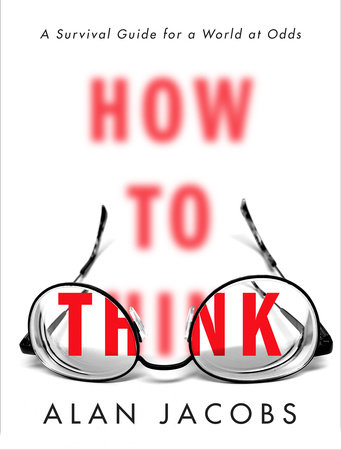Controversy brings out the best and worst of us. Sadly, it does more of the latter. Since Americans have a tendency towards superficial understanding and a tendency to believe someone is attacking us when they disagree with our viewpoint, it adds a further impediment to productive disagreements.
Paul Griffiths, who recently resigned from Duke Divinity articulated sharp disagreement with a training program to increase understanding of racism. I’m not sure Professor Griffiths conveyed his concerns in the wisest way (he has said as much), but there is an important lesson for all of us: sharp disagreements can be very productive. Here are some of Professor Griffiths reflections:
Harsh and direct disagreement places thought under pressure. That’s its point. Pressure can be intellectually productive: being forced to look closely at arguments against a beloved position helps those who hold it to burnish and buttress it as often as it moves them to abandon it. But pressure also causes pain and fear; and when those under pressure find these things difficult to bear, they’ll sometimes use any means possible to make the pressure and the pain go away. They feel unsafe, threatened, put upon, and so they react by deploying the soft violence of the law or the harder violence of the aggressive and speech-denying protest. Both moves are common enough in our élite universities now, as is their support by the powers that be. Tolerance for intellectual pain is less than it was. So is tolerance for argument.
For me, the sky-flower has fallen to the ground, its petals scattered but bearing still the beauty of a remembered reverie. I bear responsibility, of course: my class, my intellectual formation in the snidely and aggressively English dialectic of debate, my eye-to-the-main-chance polemical temperament, and no doubt other deep and damaged traits of which I’m scarcely aware, all had their part to play in bringing the sky-flower to earth.
The rest is here: https://www.commonwealmagazine.org/university-love


